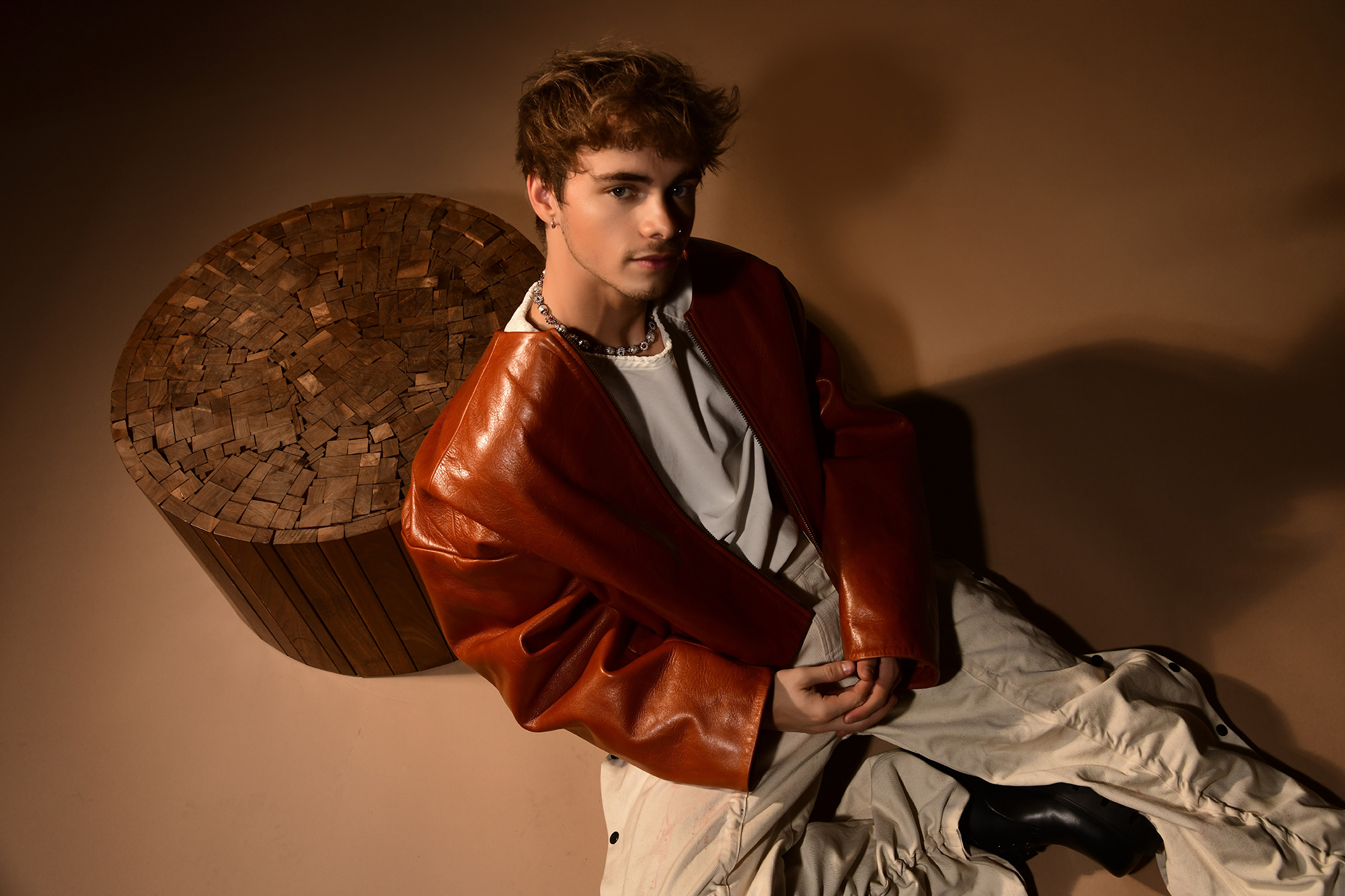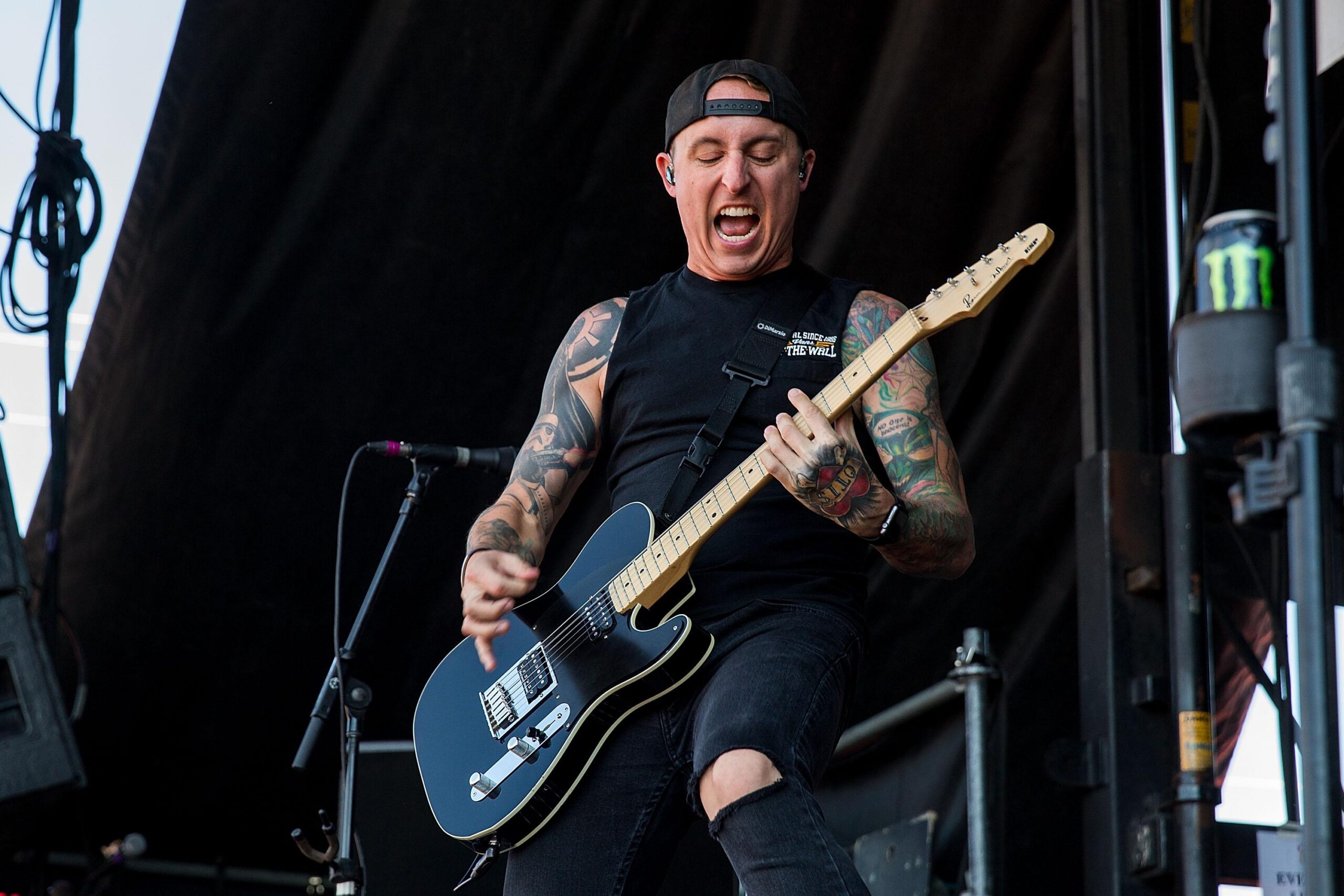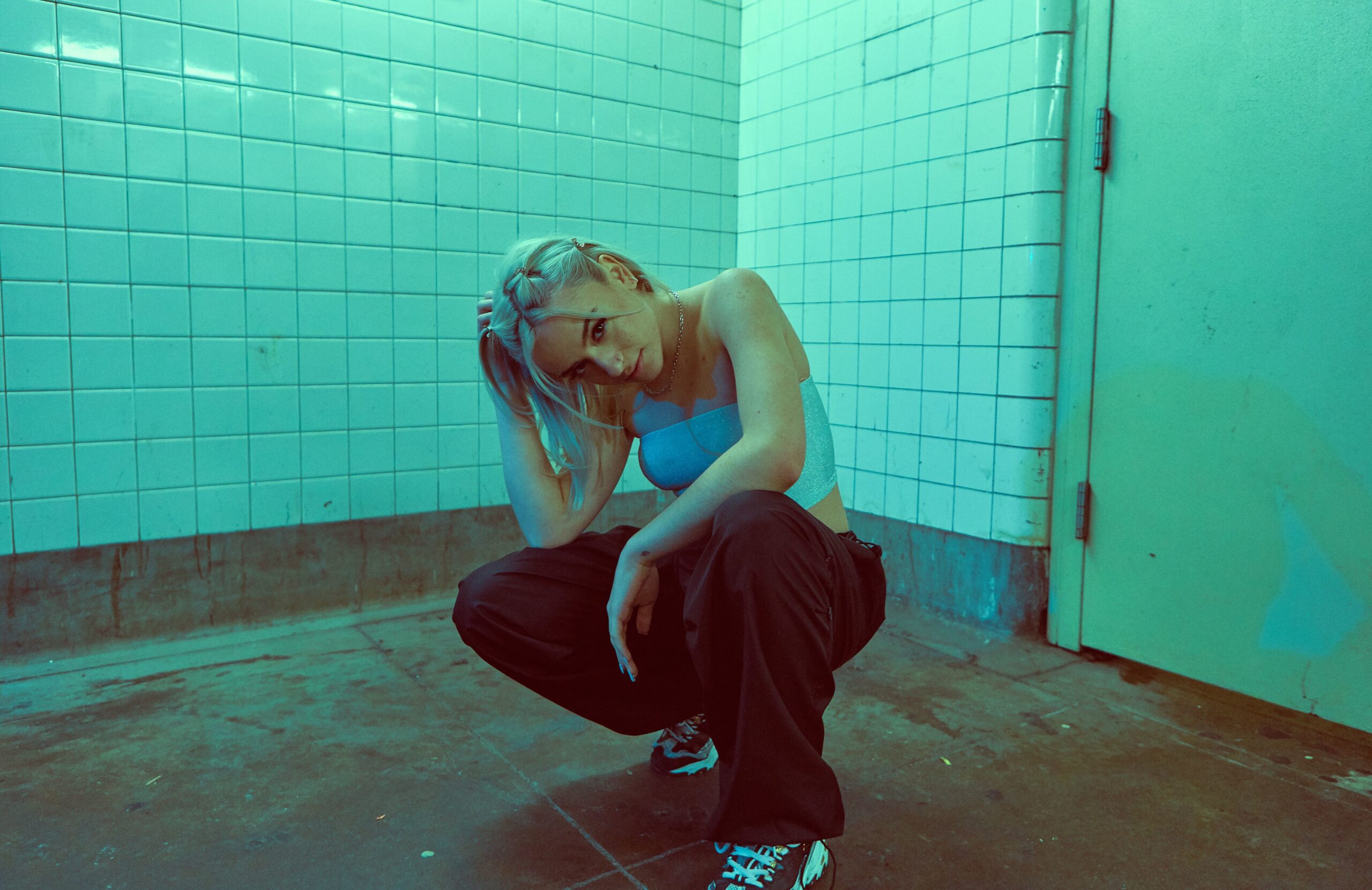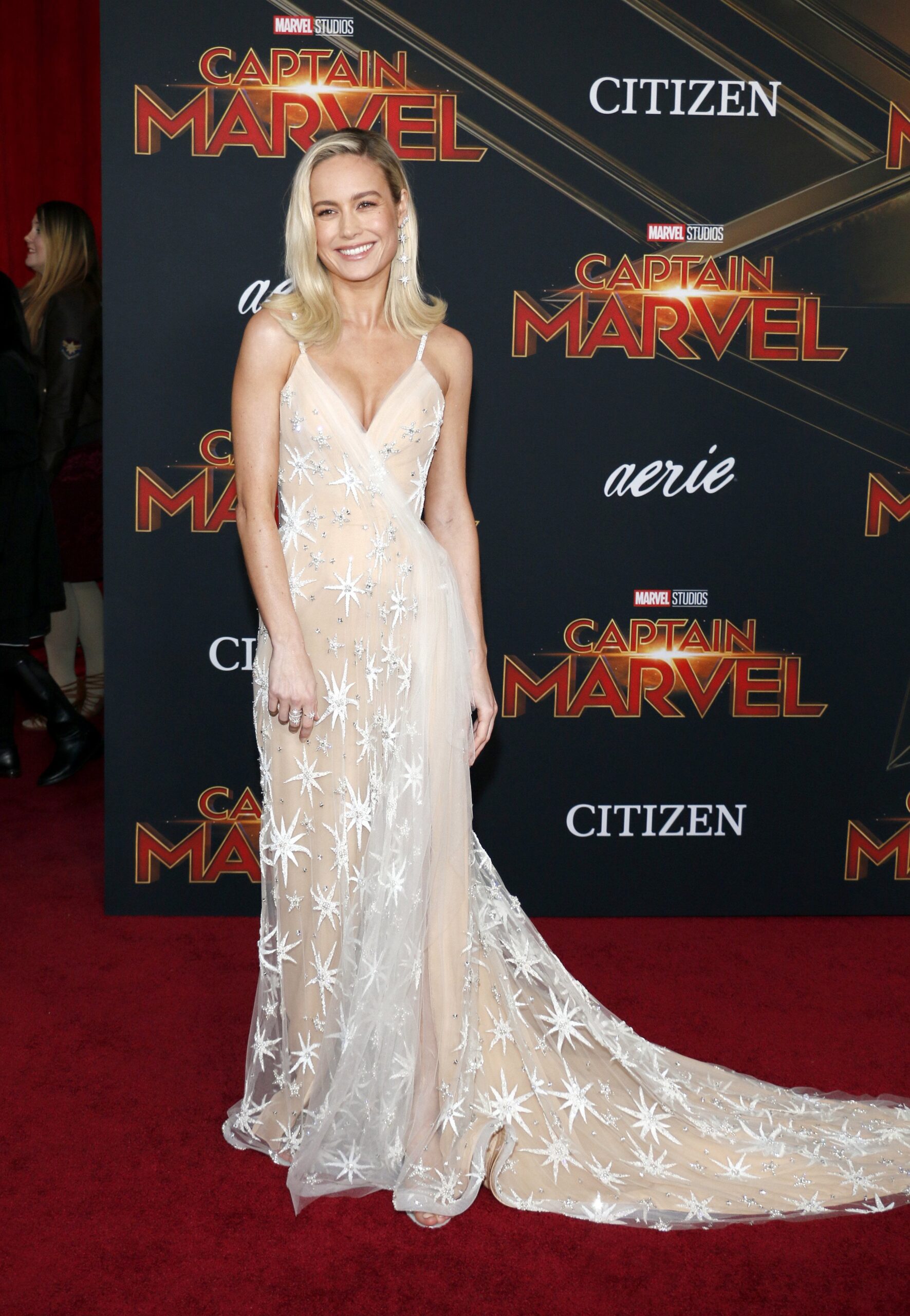We’re all in the same spot: working all week, wondering if the weekend will ever present itself, and dreaming of the possibilities of a day or two without work. You spend all week making plans with friends and family, and now that Summer Fridays have begun…the world is your oyster. Summer is the best time […]









